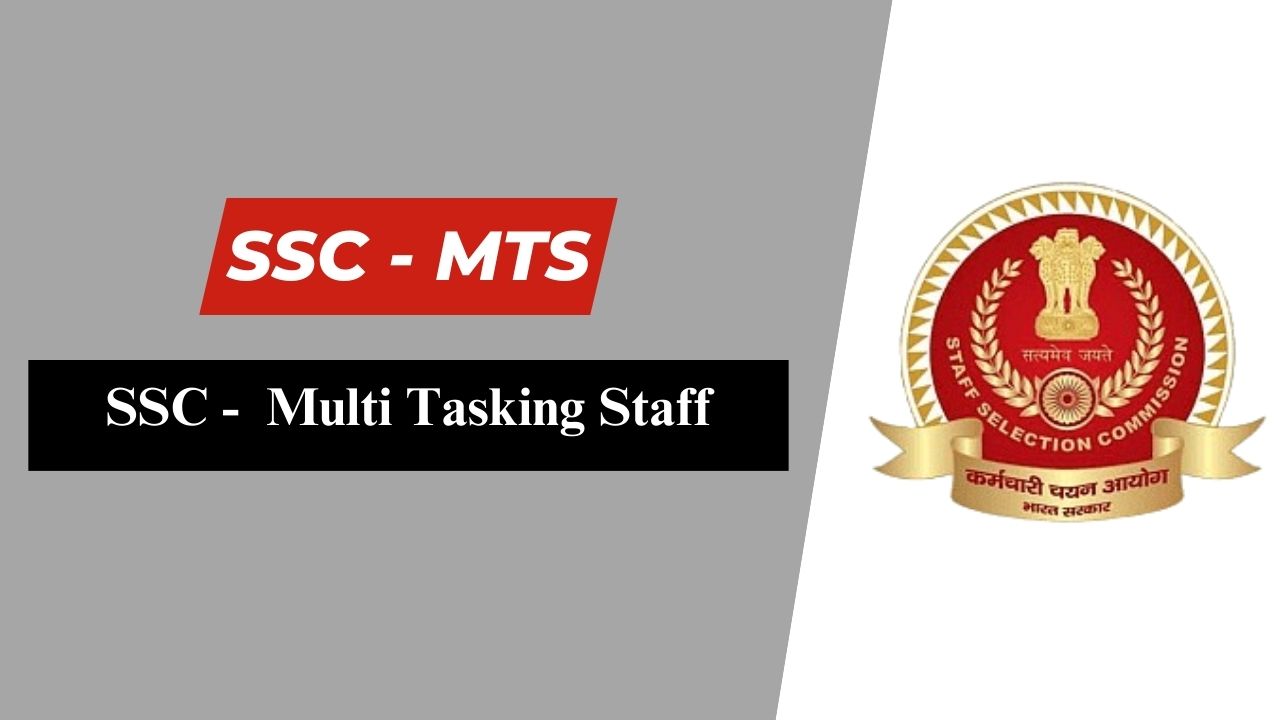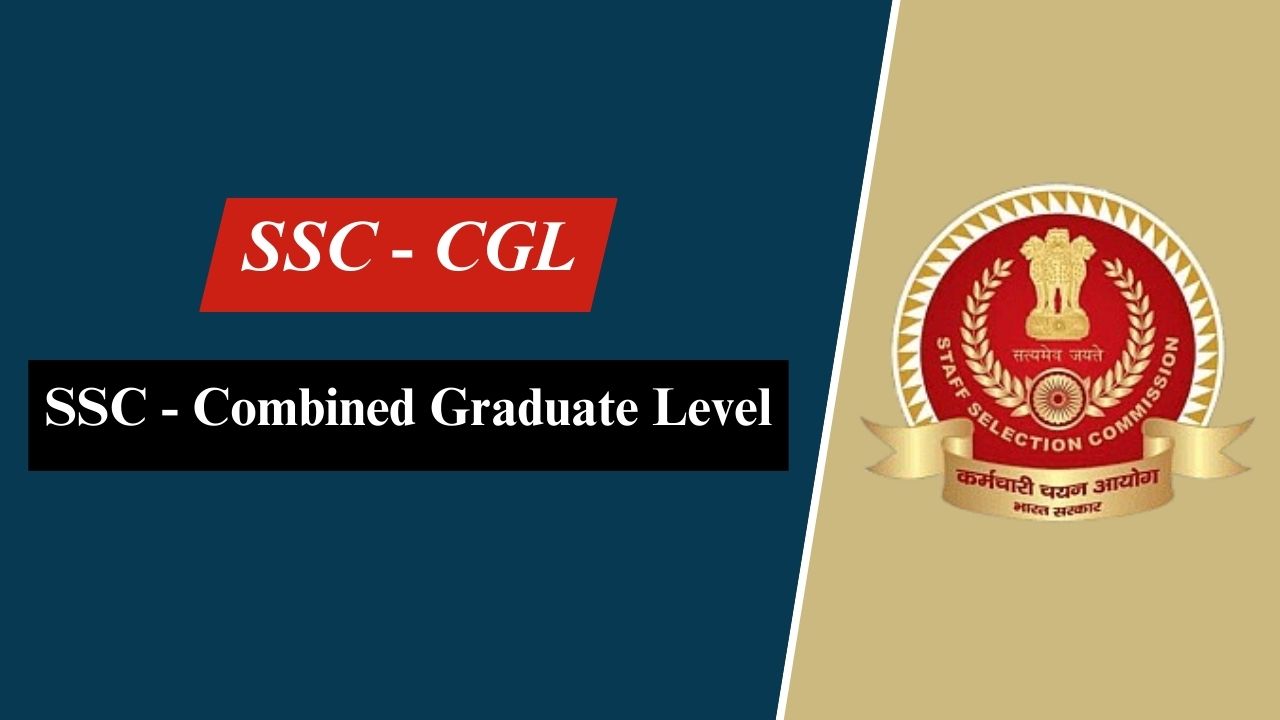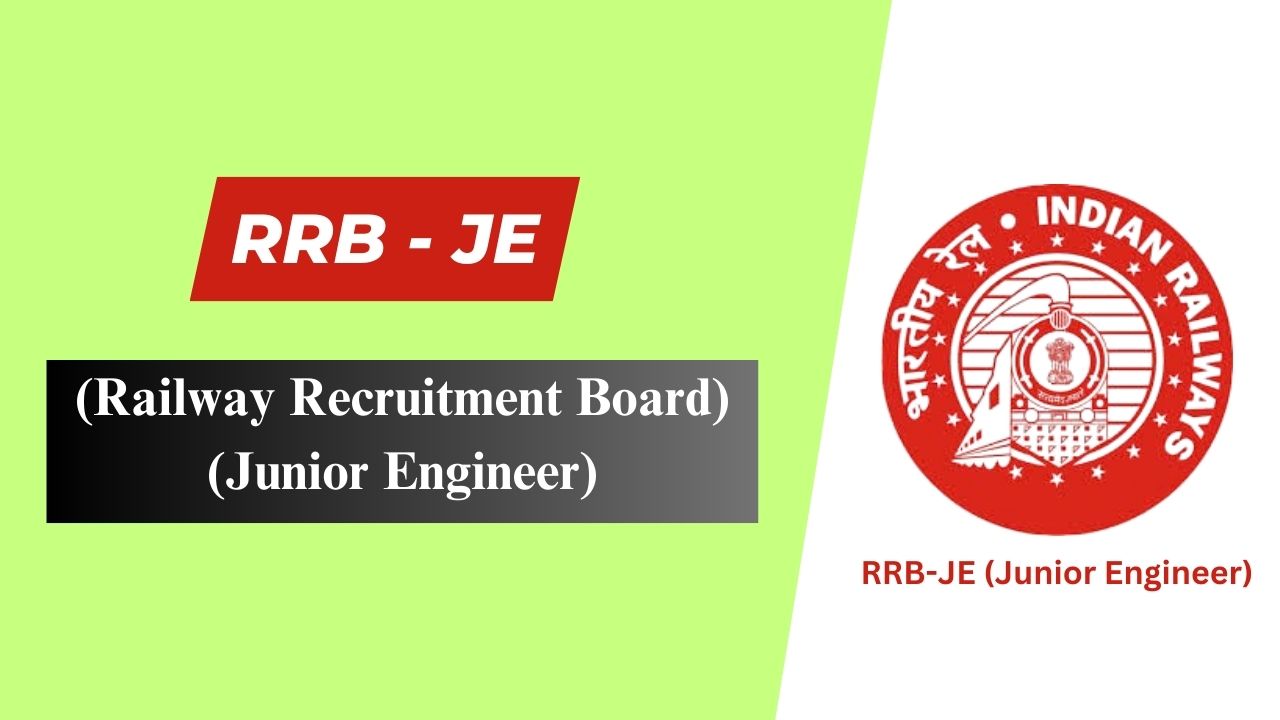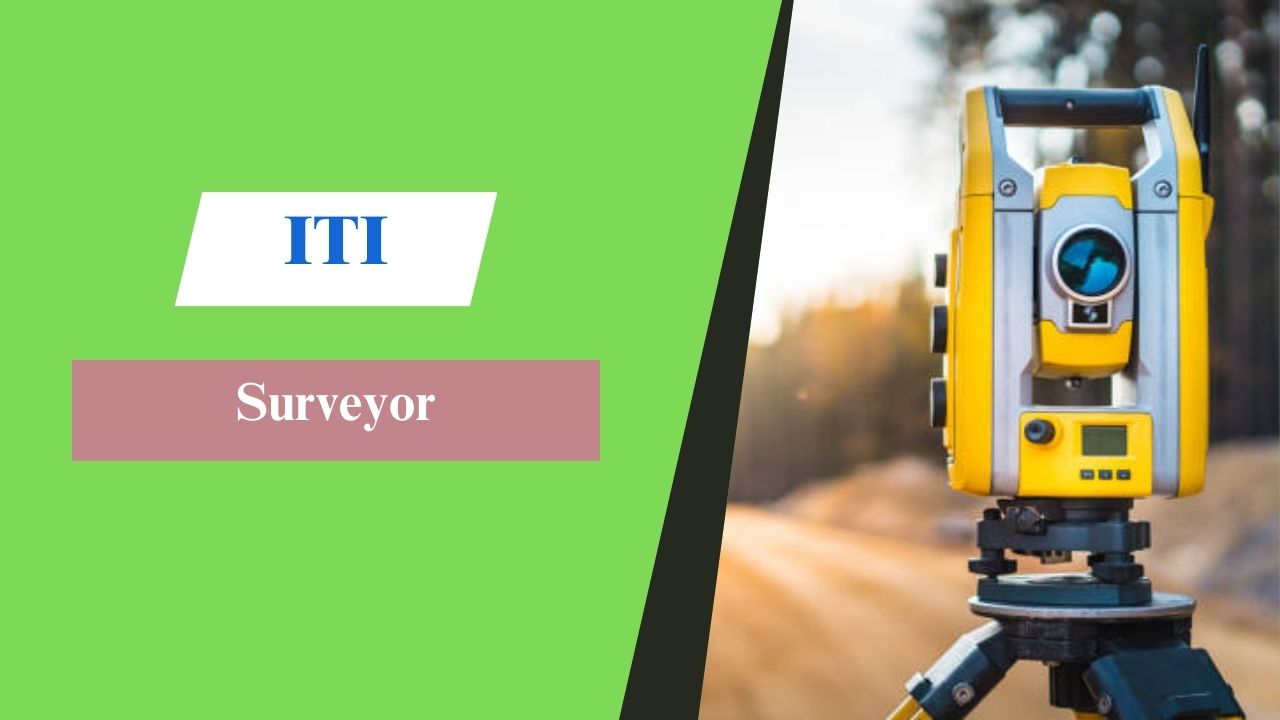What is SSC MTS Exam? - Full Form & Age Limit, Salary, Job Profile and Pattern

What is SSC MTS Exam?
SSC MTS (Multi Tasking Staff) is a national level government examination which is conducted by the Staff Selection Commission (SSC) every year. Through this examination, recruitment is made to the non-gazetted, non-ministerial posts of Group C in the ministries, departments and offices of the central government.
What is SSC MTS Full Form?
The full name of SSC MTS is: Staff Selection Commission - Multi Tasking Staff Exam. This exam is for those candidates who have passed Class 10th (Matriculation) from a recognized board.
What is multi tasking staff?
Multi-tasking staff means employees who handle many small-big tasks simultaneously. These employees work in support roles in government offices and perform different types of tasks.
SSC MTS exam for what posts?
The SSC MTS exam is mainly conducted for two types of posts:
- Multi-Tasking Staff (Non-Technical)
- Havaldar
1. Multi-Tasking Staff (Non-Technical)
Multi-Tasking Staff (Non-Technical) Under this post candidates are to perform office-related clerical and support level functions, such as:
- Filing and carrying of documents
- Cleaning and maintenance of office
- Delivering mail and files from one department to another
- Maintenance and arrangement of goods
- Photocopying and scanning of documents
- Bringing tea and water to meetings or office functions
- Helping senior officers
- Other small but necessary tasks
2. Havaldar
Havaldar posts are recruited by SSC for CBIC (Central Board of Indirect Taxes and Customs) and CBN (Central Bureau of Narcotics). Candidates for this post also have to meet certain physical standards. The selection process includes the following:
- PET (Physical Efficiency Test)
- PST (Physical Standard Test)
SSC MTS Exam Summary
| Detail | Information |
|---|---|
| Exam Name | SSC MTS |
| Full Form | Staff Selection Commission - Multi Tasking Staff (SSC MTS) |
| Conducting Body | Staff Selection Commission (SSC) |
| Purpose | Recruitment of Multi-Tasking Staff in central government departments |
| Target Candidates | 10th pass candidates aspiring for Group C posts |
| Exam Level | National |
| Frequency | Once year |
| Application Mode | Online |
| Official Website | Website |
SSC MTS Eligibility Criteria
1. Educational Qualification
Candidates must have passed Class 10th (Matriculation) from a recognized board to appear in SSC MTS Exam.
2. SSC MTS Age limit
There are two types of age limits for SSC MTS posts, which are fixed according to the nature of the post and the department. Along with this relaxation in maximum age of reserved categories by Govt.
| Job Title | Category | Age Limit |
|---|---|---|
| MTS | General | 18-25 |
| SC/ST | 5 years relaxation | |
| OBC | 3 years relaxation | |
| Havaldar | General | 18-27 |
| SC/ST | 5 years relaxation | |
| OBC | 3 years relaxation |
3. Nationality
Candidates who belong to any of the following categories can apply for the SSC MTS exam:
- Citizens of India
- Citizens of Nepal or Bhutan
- Tibetan refugees who came to India before 1 January 1962
- Persons who came from Pakistan, Burma, Sri Lanka, Kenya, Uganda, Tanzania, Zambia, Ethiopia or Vietnam with the intention of permanent residence in India
SSC MTS Posts
SSC MTS (Multi Tasking Staff) is recruited for non-technical assistant jobs. Candidates appointed to these posts are assigned to work related to office and public facilities.
Below is the list of major posts which are filled through SSC MTS Exam:
Name of posts under SSC MTS
- Mali (Gardener): Horticulture and plant maintenance in government premises and offices.
- Peon: Helping senior officials, carrying documents, serving tea and water.
- Chowkidar (Watchman): To take care of the security of offices and premises.
- Safaiwala (Cleaner): Ensuring cleanliness and hygiene of office and premises.
- Jamadar (Sanitary Worker/Supervisor): Supervision of sanitation workers and cleaning related work.
- Daftari (Clerk/Office Attendant): Maintenance of files, registration, recording and office assistance.
- Pradhan Chowkidar (Head Watchman): Supervision of the team of chowkidars and leading the security arrangements.
- LDC (Lower Division Clerk): Some departments also recruit for LDC (Lower Division Clerk) posts through SSC MTS.
- Havaldar: This post is in CBIC (Central Board of Indirect Taxes and Customs) and CBN (Central Bureau of Narcotics).
SSC MTS Departments
Through the SSC MTS (Multi Tasking Staff) examination, candidates are appointed to Group 'C' non-gazetted posts in various ministries, departments and organizations of the Central Government. These posts are held in central offices across the country.
Below is the list of major government departments that recruit through SSC MTS:
- Ministry of Defence
- Ministry of Finance
- Ministry of External Affairs
- Ministry of Home Affairs
- Ministry of Railways
- Central Bureau of Narcotics
- Comptroller and Auditor General of India (CAG)
- Central Board of Indirect Taxes and Customs (CBIC)
- Department of Telecommunications
- Department of Posts
- Income Tax Department
- Enforcement Directorate
- Central Board of Excise and Customs
- Election Commission of India
- Central Secretariat
- Controller General of Accounts
- Archaeological Survey of India
SSC MTS Exam Pattern
The SSC MTS exam is conducted by the Staff Selection Commission (SSC) and is conducted in two main stages:
- Computer-Based Test (CBT)
- Physical Efficiency/Standard Test (PET/PST) - For Havaldar Posts only
1. Computer Based Test (CBT)
SSC MTS CBT exam is divided into two sessions. CBT exam has total 4 subjects, 90 questions, and 270 marks.
| Language | Regional |
| Conducting Mode | Single day |
| Papers |
|
| Total Subject | 4 |
| Total question | 90 |
| Total marks | 270 |
1. Session - 1
Session 1 is the first phase of the CBT exam and it is only qualifying. This session has two topics:
| Mode of exam | Computer Based Test (CBT) |
| Type of Question | Objective type (MCQ) |
| Nature | Qualifying |
| Subject |
|
| Duration | 45 + 45 = 90 minutes |
| Total question | 40 |
| Total marks | 120 |
| Subject wise question |
|
| Subject wise marks |
|
2. Session - 2
Session 2 is most important for deciding merit. Selection is based on the marks obtained in it.
| Mode of Exam | Computer Based Test (CBT) |
| Type of Question | Objective type (MCQ) |
| Nature | Merit |
| Subject |
|
| Duration | 45 + 45 = 90 minutes |
| Total question | 50 |
| Total marks | 150 |
| Subject wise question |
|
| Subject wise marks |
|
2. Physical Efficiency Test/Physical Standard (Only for Havaldar posts)
SSC MTS PET/PST is mandatory only for those candidates who apply for Havaldar Posts.
- PET: In PET, candidates have to walk and run to test their endurance and speed.
- PST: PST ensures the physical fitness of candidates, where height and chest measurements are taken for males, and height and weight are checked for females.
SSC MTS Salary
The candidates appointed to the post of SSC MTS (Multi Tasking Staff) are paid under the Pay Band - 1 (5200 - 20200) prescribed by the Central Government. This salary is revised according to the 7th Pay Commission, and it also includes various types of allowances.
| Pay Band | 5200 - 20200 |
| Grade Pay | 1800 |
| Basic Salary | 18,000 per month |
| Total Salary | 20,000 - 25,000 per month (depends on location and department) |
SSC MTS Promotion
- Multi Tasking Staff (MTS)
- Lower Division Clerk (LDC)
- Upper Division Clerk (UDC)
- Assistant Section Officer (ASO)
- Section Officer (SO) (in some departments)
SSC MTS Advantages
Candidates selected from SSC MTS exam get many benefits, which provide them more security and stability compared to private and other government jobs.
- Sarkari Naukri: In India direct government jobs for 10th pass candidates are quite limited. Most government jobs require higher qualifications like 12th pass, graduation or post graduation. Through the SSC MTS (Multi Tasking Staff) exam, 10th pass candidates are recruited for clerical and non-technical posts in central government offices.
- High Salary: Compared to other private or normal government jobs candidates selected through the SSC MTS exam receive a salary that is at par with or even higher than that of a graduate employee working in a private office.
- Less Workload: The workload for SSC MTS staff is generally lower compared to private sector jobs.
- Job Security: In private companies 10th pass candidates often lack job security as companies hire and fire based on performance, market conditions and business demands. However through the SSC MTS exam selected employees enjoy job security in comparison to private companies.
- Promotion: Compared to normal government jobs or private jobs SSC MTS employees have a higher chance of promotion to positions like LDC (Lower Division Clerk) or UDC (Upper Division Clerk).
- No Requirement of Special Skills or High Qualifications: The SSC MTS exam does not require any special skills or high qualifications. The basic eligibility is simply a 10th pass.
SSC MTS Disadvantages
- No Performance-Based Bonuses: The salary and benefits of SSC MTS employees are fixed and standard and do not include performance based incentives.
- Lack of Creativity and Innovation: The work of SSC MTS candidates is often routine based and procedure driven with specific administrative and clerical duties. They generally do not have the opportunity to implement new ideas or improve processes.
- Limited Promotion: SSC MTS candidates have to work for many years to get a promotion and promotions are usually based on experience and service duration rather than merit.
- Physical Demand: Many of the tasks assigned to SSC MTS employees like those of a peon or cleaning staff require physical effort.
- No Transfer Policy: Candidates selected for SSC MTS positions are often required to work in a specific state. Most government departments do not offer transfer support and candidates have to work in their allotted state. Transfers are typically decided by the department or higher authorities and are not based on personal preferences.
- Less Flexibility: SSC MTS employees have less flexibility in their work. They are required to follow their officers orders. If an officer arrives late or extends work hours the MTS employee must adjust their working hours accordingly. Compared to higher job roles MTS positions provide less authority and decision making power.
- Low Position: The posts filled through the SSC MTS exam are generally entry level positions. Employees in these positions are assigned basic administrative and support duties often working as peons, gardeners, watchmen, cleaners or head watchmen.
Quick Links
- Common Admission Test (CAT) Exam
- Central Teacher Eligibility Test (CTET) Exam
- IISER Apptitude Test (IAT) Exam
- JEE Advanced Exam
- JEE Mains Exam
- National Entrance Screening Test (NEST) Exam
- National Talent Search Examination (NTSE) Exam
- RRB Junior Engineer (JE) Exam
- RRB Non-Technical Popular Categories (NTPC) Exam
- SBI Junior Associate (Clerk) Exam
- SBI Probationary Officer (PO) Exam
- Staff Selection Commission Combined Graduate Level (SSC CGL) Exam
- Staff Selection Commission Multi Tasking Staff (SSC MTS) Exam
- SSC CGL Assistant Audit Officer (AAO)
- SSC CGL Assistant Enforcement Officer (AEO)
- SSC CGL Assistant Section Officer in Central Secretariat Service (ASO in CSS)
- SSC CGL Assistant Section Officer in Ministry of External Affairs (ASO in MEA)
- CBI Sub Inspector (SI)
- SSC CGL Central Excise Inspector
- Indian Administrative Service (IAS)
- SSC CGL Income Tax Inspector (ITI)
- SSC CGL Junior Statistical Officer (JSO)
- SSC CGL Preventive Officer (PO)
- RRB NTPC Railway Station Master
- BE/BTech Aerospace Engineering Course
- Bachelor of Business Administration (BBA) Course
- Bachelor of Computer Applications (BCA) Course
- Bachelor of Commerce (B.Com) Course
- Bachelor of Computer Science (BCS) Course
- Bachelor of Hotel Management (BHM) Course
- Bachelor of Science in Biotechnology (BSc Biotechnology) Course
- Bachelor of Science in Chemistry (BSc Chemistry) Course
- Bachelor of Science in Forensic Science (BSc Forensic) Course
- Bachelor of Science in Microbiology (BSc Microbiology) Course
- Bachelor of Science in Nursing (BSc Nursing) Course
- BE/BTech in Civil Engineering Course
- ITI Computer Operator and Programming Assistant (COPA) Course
- ITI Cutting & Sewing (Tailoring) Course
- ITI Electrician Trade Course
- ITI Electronic Mechanic Course
- ITI Fitter Trade Course
- ITI Hair & Skin Care (Beautician) Course
- ITI Digital Photography Course
- ITI Plumber Course
- ITI Surveyor Course




